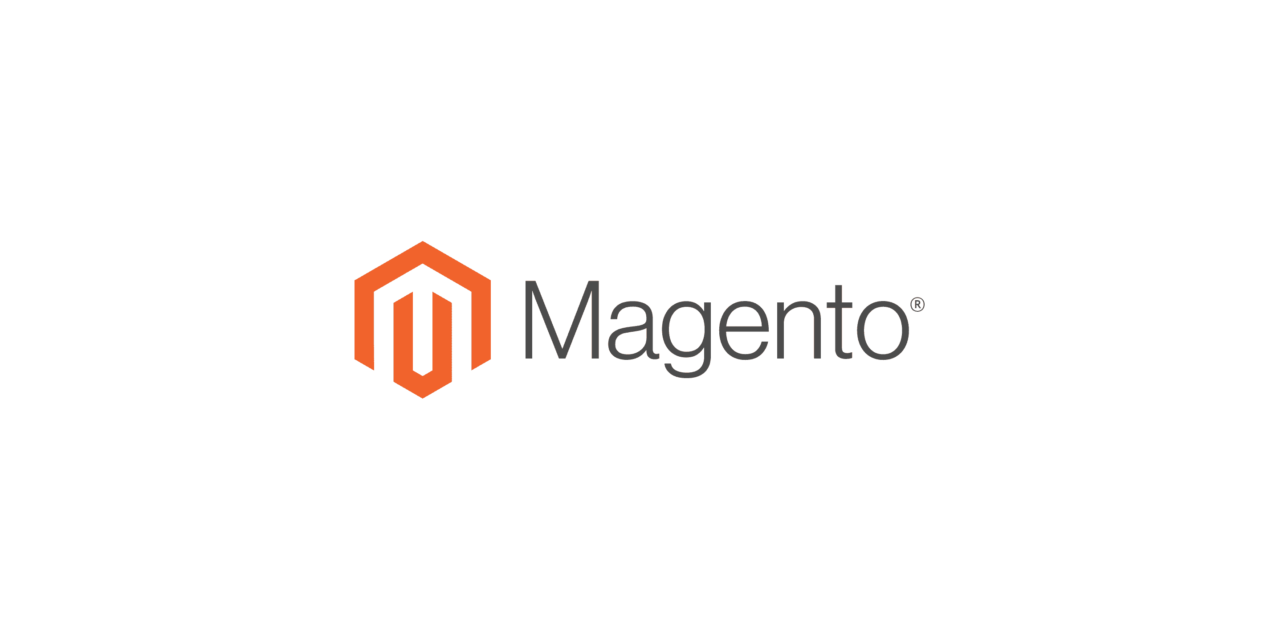What is Magento? With over 260,000 merchants on board, Magento is one of the most popular platforms for creating an e-commerce. It has a wide range of functionalities, and its advanced customisation makes it an excellent platform for those with advanced technical knowledge (or with a budget to outsource it).
Magento is a robust platform, very powerful, but not for beginners. Magento can be a serious challenge for traders with little or no technology experience. Despite the shortcomings in the User Experience, there is no doubt that Magento is an excellent tool. It is a very popular choice among high-volume traders all over the world.
Five benefits agreed by e-merchants
1. A feature-rich platform
Magento offers a multitude of powerful features, each more powerful than the next.
Whether for marketing, with the possibility of conducting surveys, newsletters or promotional offers. But also cross and up selling, i.e. linking items together according to different characteristics or suggesting products with a higher value. These tools have a real positive effect on your shop’s sales.
Magento also offers you the possibility of having a multi-lingual and multi-currency shop. It should be noted that French e-commerce is developing more and more internationally and Magento is well aware of this. Thus your e-commerce has the possibility to be available in more than 80 languages and a large number of different currencies. Thanks to Magento, your shop will be able to shine all over the world.
Magento’s strength is also the multi-shop. The platform allows you to publish one or more e-commerce sites from the same back office. This makes it easy to manage a single product database for multiple sites.
Finally, Magento has implemented a wide range of functionalities concerning order management and shipping, including calculating shipping costs, choosing shipping methods, managing deliveries, tracking orders and creating invoices.
Magento, therefore, draws its power from the multitude of functionalities that the e-commerce platform offers
2. A very advanced catalogue management system
Magento provides e-merchants with great flexibility in the management of their catalogues, regardless of the volume. The solution integrates functionalities allowing to control stocks, prices, quantities or promotions in a very advanced way. It is thus possible to define an infinite number of product types that will be different thanks to certain attributes.
Catalogue management is very important when creating an e-commerce store, the higher the quality of the catalogue, the more satisfied the customer will be.
3. High quality graphic themes
One of the advantages of this e-commerce platform is the large number of graphic themes available. This way you will be sure to find a theme that corresponds to your sector of activity and your universe. This is very important, because the visual aspect of your site will have a direct impact on the consumer who is looking not only to buy but to live a real experience that is an essential element for him to return to your site.
Today the customer experience has become very important and many e-commerce experts consider this point as the main purchasing factor in the near future. Having a site with a visual aspect therefore becomes essential.
4. A growing community with many tips and opinions
Magento has long suffered in France from an overly English-speaking community. But today there are a large number of forums dedicated to this e-commerce solution. This allows, in addition to helping e-merchants, to help developers and thus to allow a constant evolution of Magento by creating new useful modules adapted to the needs of each.
The community is an essential point regarding the power of a platform, today the American solution has gained its place in France.
5. A scalable platform
Magento is a scalable platform because it allows e-merchants, regardless of size, to first use the free community version and then add features and modules whose performance level is similar to the enterprise version. This makes it possible to reduce costs, evolve over time and respond to new market demands. Evolution also involves the community, as mentioned above.
Magento therefore has many strengths, but several weaknesses are worth noting.
The three main limits of Magento
1. Getting started
Magento, by the number of features it offers, becomes complex to use. On the developer side, a solid introduction can take between 6 and 12 months (compared to only a few months for Prestashop).
Moreover, even if the number of forums dedicated to the Magento solution increases, several questions remain unanswered or are difficult to find, which is a real problem when you start your e-commerce activity.
2. A platform not adapted to all e-businesses
Even if Magento adapts very well to the graphic level for each e-merchant’s field of activity, there is still a difficulty in the evolution. Indeed, online shops are becoming more complex and many are those that do not fit into the scheme: order / shipping. Unfortunately, Magento has had difficulty responding to this type of request, to remedy it the modifications are complex and costly.
3. The slowness
A major problem with e-businesses created under Magento is that they are considerably slower than other solutions such as Prestashop. The problem lies mainly in an initial bad implementation but several (rather complex) solutions exist to solve it.
The opinions are therefore formal about the Magento tool and is an excellent platform to create your e-commerce but, as you can see, it is not for everyone. Between functionality and ease, you have to choose. Before you start choosing your solution, do not hesitate to read our article about Prestashop, the other major e-commerce solution.





